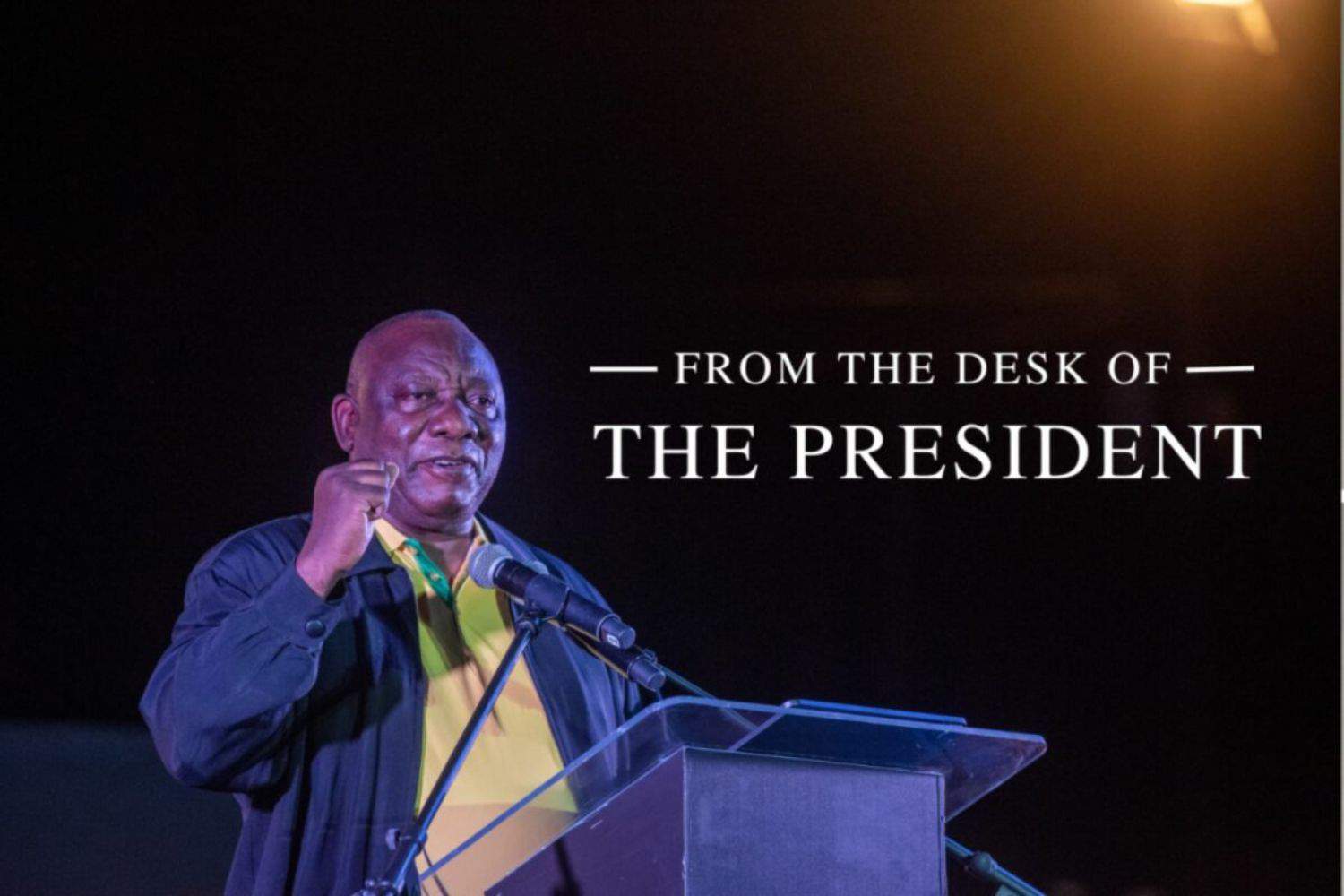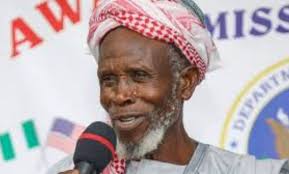
President Cyril Ramaphosa says there needs to be deeper collaboration between government, business, labour and civil society to “gain a deeper and honest understanding of what is driving food insecurity and the measures that need to be taken to overcome them.”
The president reiterated his message at the 7th Annual Social Justice Summit on Friday, where he laid out strategies for reducing hunger and food insecurity in the lead-up to 2030, acknowledging that national and global progress towards social development goals were ‘way off course.”
During that address, it was said that when it came to South Africa’s National Development Plan (NDP) 2030, there was still a “wide gap” between ambitions and delivery in critical areas, “despite considerable gains”.
Poverty
Writing in his weekly newsletter on Monday, Ramaphosa said the summit organised by the Centre for Social Justice at Stellenbosch University reflected on the country’s progress towards achieving food security as a key component of social justice.
“Overcoming poverty and tackling the cost of living for South Africans is one of the strategic priorities of the Government of National Unity (GNU).
“Access to nutritious food directly affects the physical health and development of individuals and societies. Around 15 to 16 million people in South Africa have inadequate or severely inadequate access to food,” Ramaphosa said.
ALSO READ: Business ties with US are ‘strong and expanding,’ Ramaphosa says
Food security
Ramaphosa added that since the advent of democracy in 1994, successive administrations have adopted a multifaceted approach to tackling hunger and food security.
“This has included legislative and policy reform, nutrition at the primary health care level, and programmes that deliver nutrition directly to communities and institutions, such as the school feeding scheme.
“To further bolster food security, the provision of social grants, free basic services, free basic and tertiary education, and free primary healthcare has freed up money in households to buy food,” Ramaphosa said.
Insecurity
He said that despite a range of interventions by national and provincial governments, a large portion of South African households are food insecure.
“In a context of high unemployment and poverty and limited economic growth, many households across the country are finding it difficult to afford nutritious food.
It is, therefore, necessary that together with measures to eradicate extreme food poverty, we have to also look at market factors that are making the cost of nutritious food increasingly out of reach,” Ramaphosa said.
Cost of living
Last month, the Competition Commission’s new Cost of Living Report showed the battle of being a consumer in South Africa, with electricity prices increasing by 68%, water by 50%, and general inflation by 28%.
In February this year, the Commission facilitated a R1 million settlement with an edible oils producer accused of price fixing.
The Commission has also conducted inquiries into bread and milling cartels, into the grocery retail and fresh produce markets, and most recently, into alleged anti-competitive behaviour in the poultry industry.
Musa Plan
Ramaphosa said the Musa Plan is a welcome initiative, which will “bolster existing government efforts to end food poverty and food insecurity.”
“The ultimate measure of the success of our democratic dispensation lies in our ability to ensure that no person goes hungry,” Ramaphosa said.
ALSO READ: Ramaphosa warns local government failure feeding narrative about ‘declining ANC’



